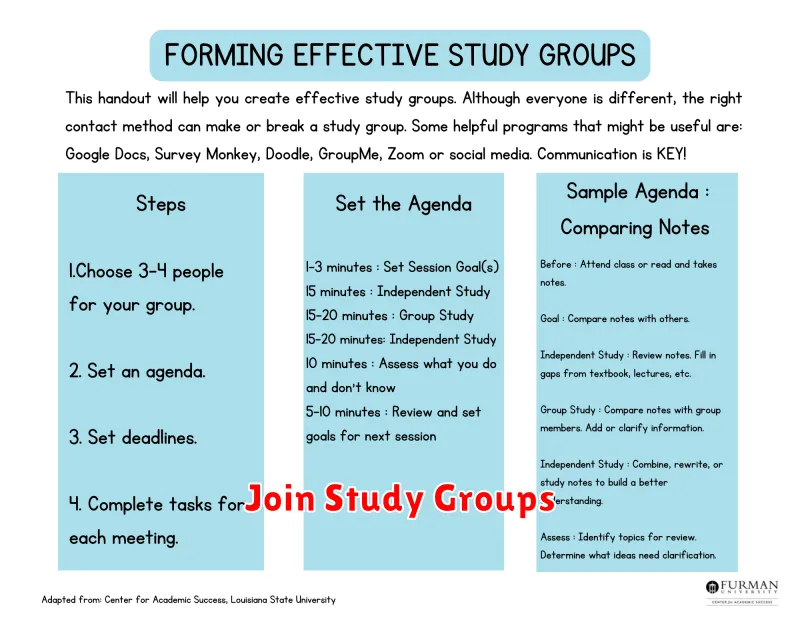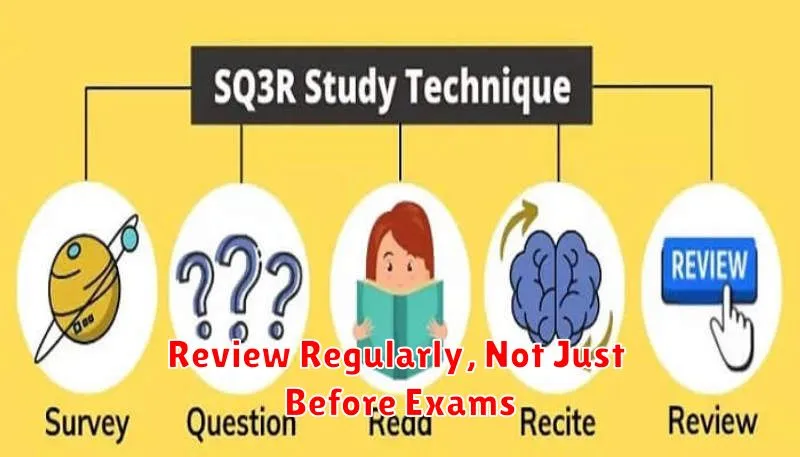Are you a student constantly struggling to balance your studies with other commitments? Do you find yourself wishing for more time in the day to effectively learn and retain information? You’re not alone. Many students face the challenge of managing their study time effectively. This article will explore proven time-saving study techniques that can help you maximize your learning potential, improve your academic performance, and reclaim precious hours in your busy schedule. Learn how to study smarter, not harder, with these practical and effective strategies. From utilizing the Pomodoro Technique to mastering active recall, these techniques will empower you to achieve academic success while saving valuable time.
Effective time management is crucial for academic success. By implementing time-saving study techniques, you can not only improve your grades but also reduce stress and enhance your overall learning experience. This article will delve into specific strategies designed to streamline your study sessions, optimize information retention, and ultimately make the most of your study time. Whether you’re a high school student, a college undergraduate, or a graduate student, these time-saving techniques can be adapted to fit your individual needs and learning style. Discover how to optimize your study habits and achieve greater academic success with less effort.
Prioritize Key Concepts
Efficient studying isn’t about cramming every detail; it’s about understanding the core concepts. Identify the most important ideas within each subject. Textbooks often highlight these through bolded terms, chapter summaries, and review questions.
Create a concise list or mind map of these key concepts. This helps you visualize the overall structure of the subject and how different ideas connect. Focusing on these core principles allows you to build a strong foundation of knowledge.
Use the Pareto Principle, also known as the 80/20 rule, to guide your studies. This principle suggests that 80% of the results come from 20% of the effort. Identify the 20% of the material that will yield the greatest understanding and focus your energy there. This might involve mastering key formulas in math, understanding fundamental theories in science, or memorizing key historical events.
Implement the Pomodoro Technique
The Pomodoro Technique is a popular time management method that can significantly improve your study efficiency. It involves breaking your study sessions into focused intervals, traditionally 25 minutes long, separated by short breaks.
These intervals are called “pomodoros.” After completing four pomodoros, you take a longer break, typically 15-30 minutes. This structured approach helps maintain concentration and prevents burnout.
To implement this technique, choose a task, set a timer for 25 minutes, and work on that task exclusively until the timer rings. Then, take a 5-minute break. Repeat this cycle four times, and then take a longer break.
Use Flashcards Effectively
Flashcards are a simple yet powerful tool for memorizing facts, vocabulary, and concepts. Their effectiveness lies in their ability to promote active recall, a proven method for strengthening memory.
Creating effective flashcards requires more than just writing down information. Keep the information concise on each card, focusing on a single key point. Use clear and simple language. Testing yourself regularly and shuffling the deck are crucial for optimal learning.
Organizing your flashcards into smaller sets can also improve your retention. Review the cards frequently, spacing out your study sessions over time to solidify your understanding. Don’t be afraid to discard cards for material you’ve already mastered, allowing you to focus on areas needing more attention.
Join Study Groups

Collaboration can be a potent time-saving tool. Study groups provide an avenue for efficient learning through the sharing of knowledge and different perspectives.
Explaining concepts to others solidifies your own understanding, while hearing different explanations can clarify areas where you’re struggling. This collaborative approach can significantly reduce the time spent grappling with challenging material individually.
Furthermore, study groups can facilitate focused study sessions. By scheduling dedicated group study time, you’re more likely to avoid distractions and maintain concentration, leading to more effective learning in less time.
Take Strategic Breaks
While it might seem counterintuitive, taking breaks is crucial for effective studying. Short, strategic breaks can actually boost your concentration and retention.
The Pomodoro Technique is a popular method. It involves 25 minutes of focused study followed by a 5-minute break. After four cycles, take a longer break of 20-30 minutes. This structured approach helps maintain focus and prevents burnout.
During your breaks, avoid screen time. Instead, stand up, stretch, walk around, or do a quick mindfulness exercise. These activities refresh your mind and prepare you for the next study session.
Leverage Technology for Efficiency
In today’s digital age, technology offers invaluable tools for streamlining your study process. Embrace these tools to maximize your efficiency and free up valuable time.
Note-Taking Apps: Say goodbye to messy notebooks and hello to organized digital notes. Apps like Evernote, OneNote, or Google Keep allow you to sync your notes across devices, search within your notes, and incorporate various media like audio recordings or images.
Flashcard Software: Optimize your memorization efforts with flashcard apps like Anki or Quizlet. These platforms leverage spaced repetition algorithms to reinforce learning and improve retention. They are particularly effective for vocabulary building and memorizing key concepts.
Time Management Apps: Stay focused and manage your study time effectively with apps like Forest or Freedom. These tools help minimize distractions and promote concentrated study sessions.
Summarize and Teach Concepts
One of the most effective ways to solidify your understanding of a topic is to summarize and teach it. Summarization forces you to distill the core concepts, identifying the most crucial information.
Try explaining the material to someone else, even an imaginary audience. Teaching requires you to organize your thoughts logically and articulate them clearly, revealing any gaps in your knowledge. This process reinforces what you know and highlights areas needing further review.
Avoid Multitasking
While seemingly efficient, multitasking is a productivity killer when it comes to studying. Your brain isn’t designed to effectively focus on multiple complex tasks simultaneously. Instead of truly absorbing information, you end up superficially skimming the surface of each task.
Concentrate on one subject at a time. Dedicate specific blocks of time to each task and eliminate distractions. This focused approach allows for deeper comprehension and better retention of the material. You’ll find that you ultimately learn more in less time.
Optimize Study Environment
A productive study environment is crucial for effective learning. Eliminate distractions by finding a quiet space, free from interruptions. This could be your bedroom, a library, or even a quiet coffee shop.
Personalize your space. Ensure comfortable seating, proper lighting, and a suitable temperature. Keep essential study materials organized and within reach. A clutter-free desk promotes a clutter-free mind.
Consider background noise. Some students find complete silence distracting, while others are easily disturbed by noise. Experiment with white noise, instrumental music, or ambient sounds to find what works best for you.
Review Regularly, Not Just Before Exams

Many students make the mistake of only reviewing material right before an exam. This can lead to information overload and increased stress. A much more effective approach is to review regularly throughout the semester.
Spacing out your review sessions allows for better knowledge retention. By revisiting the material at intervals, you reinforce your understanding and identify any areas where you might need further clarification. This proactive approach reduces the need for frantic cramming sessions before exams.
Schedule short, frequent review periods into your weekly study plan. Even 15-20 minutes of review a few times a week can make a significant difference in your overall comprehension and exam performance.

